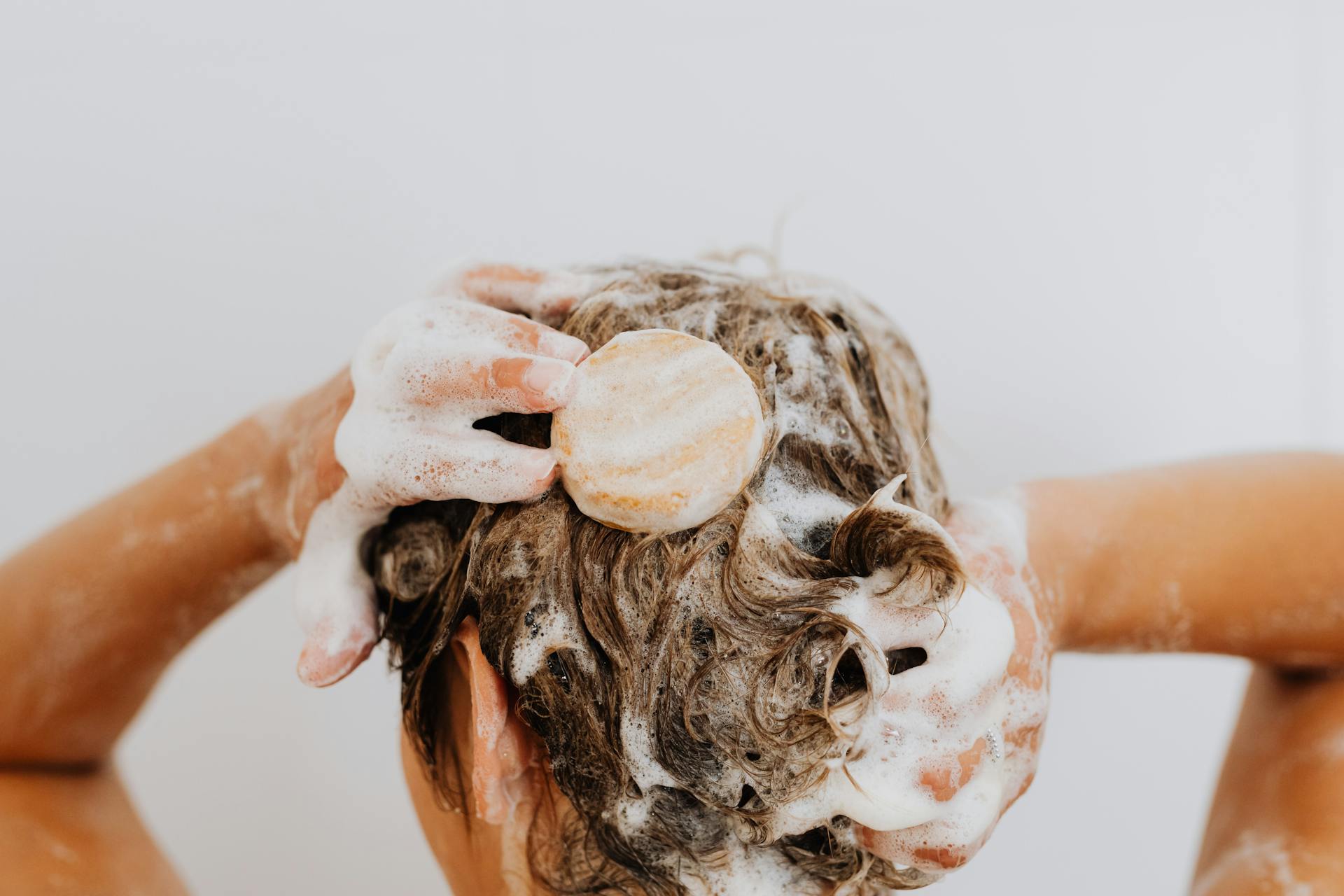Scalp care is an often-overlooked aspect to hair care. The scalp is an extension of the skin on your face and, as such, is your body’s largest, and most sensitive organ. The skincare industry is a multi-billion dollar industry, with products for every skin-related concern you can imagine. As consumers, we invest so much money into taking care of our skin, so why wouldn’t we take the same measure to ensure we have a healthy scalp?
Why Scalp Health Matters
Your hair is a direct reflection of the health of your scalp. Proper scalp care is the first step to achieving healthy hair. Improper scalp care can lead to discomfort, itchiness, and increased hair fall or hair loss, which can be devastating.
Your scalp condition, or sudden changes in its condition, can also be an indicator of an underlying medical condition, hormonal imbalance, or vitamin deficiencies. If you’re experiencing issues with your scalp, or sudden, dramatic hair loss, it is important to speak with your doctor to rule out any medical conditions.
Signs of Unhealthy Scalp
Some early signs of an unhealthy scalp include redness, discomfort, itchiness, and oiliness. It is important to keep your scalp clean and moisturized, free from product build up to promote hair growth, and scalp health.
Any of these early signs can be a symptom of pervasive conditions in the scalp including dandruff, psoriasis, and eczema. These conditions require medical attention from a doctor or dermatologist for proper treatment.
Dry Scalp vs Dandruff: What’s the Difference?
Dry scalp and dandruff are two vastly different issues that are often confused. A dry scalp is characterized by small, white flakes, itchiness and discomfort. Similarly, dandruff is also characterized by the appearance of flakes, itchiness and discomfort, however dandruff flakes are larger, and are accompanied by greasy hair and a foul odour. As a rule: if the flakes are small and your hair is not oily, you have a dry scalp, if the flakes are large and your hair is oily, you have dandruff.
Understanding the difference between the two will allow you to properly treat the issues and experience relief. A dry scalp should be treated with a deep cleanse to eliminate the buildup of dry skin, and hydrating products to moisturize the scalp. On the other hand, dandruff treatment requires a specialized shampoo to eliminate the fungus that causes it.
How to Treat an Unhealthy Scalp
Depending on the severity of the issue, changing your hair care routine may be sufficient to treat the problem. There are many factors that can contribute to an oily scalp. Perhaps you aren’t washing your hair frequently enough for your hair type, not cleansing properly, overusing styling products, or using products that aren’t suited for your hair. In these cases, a change in products or routine could make a huge difference.
More pervasive issues, such as psoriasis and dandruff require dermatological treatment, as a medicated shampoo may be necessary to treat the condition.
Choosing the Right Products for Your Scalp Concerns
It’s important to understand your specific scalp needs and how products work for those needs before purchasing.
Did you know that many products marketed towards oily hair and scalp concerns are designed to absorb the oil on your scalp, but do not treat the root cause of the oil overproduction? Products like dry shampoo work by absorbing oil on the scalp and in the hair to give the appearance of fresher, cleaner hair so that you can go longer between washes. Overusing products like this causes build up on the scalp, which can clog the hair follicle and lead to hair loss.
Dry shampoo can be useful in short doses, but it is a band-aid solution to a larger problem. If you’re not using products designed to treat the underlying issues with your scalp, you may be doing more harm than good in the long run.
Look for products targeted towards treating your specific scalp concerns. To treat the overproduction of sebum or scalp oil, a shampoo designed to cleanse and rebalance the scalp will likely help to remove excess oils while balancing the pH of your skin to reduce the production of oil. By treating the problem at the source, you won’t have to rely on oil absorbing products like dry shampoo to conceal the look of an oily scalp.
The Importance of Proper Scalp Care: In Conclusion
Hair growth begins at the scalp, so ensuring that we are taking proper care of our scalp is the first and most important step to ensuring that we are growing healthy hair. Understanding your scalp’s specific needs is necessary for ensuring that you are using the correct products and preventing more serious issues that will require dermatological treatment in the future.



